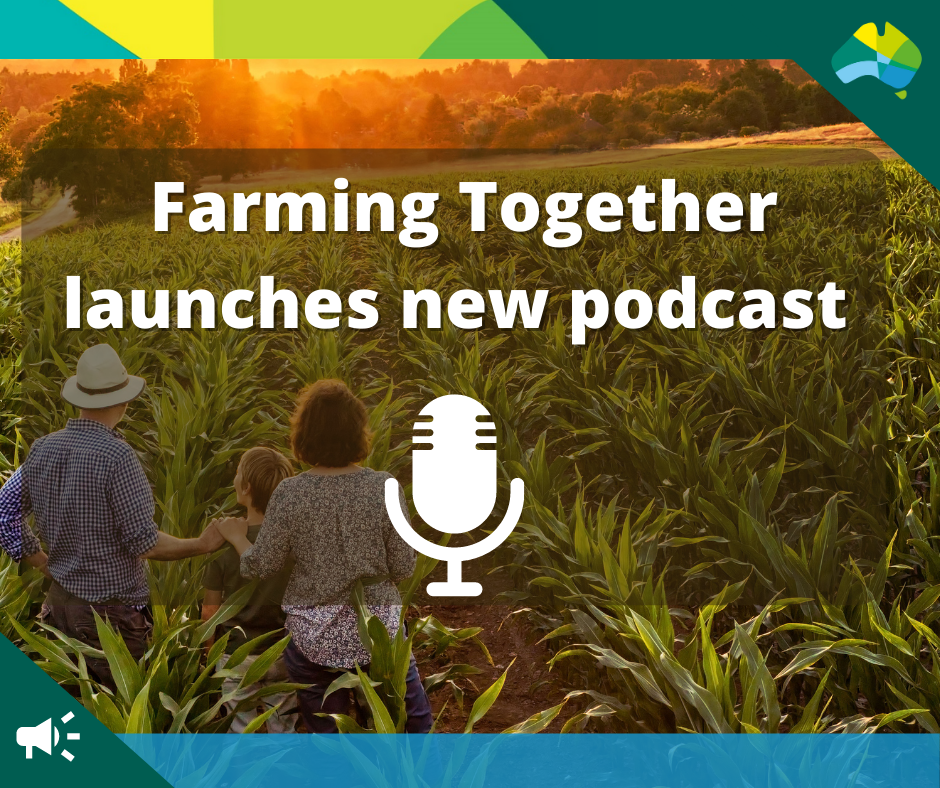
Organic farming podcasts have emerged as valuable resources for enthusiasts, farmers, and anyone interested in sustainable agriculture. These podcasts delve deep into various aspects of organic farming, offering insights, tips, and discussions on farming techniques, environmental stewardship, and the broader impact of organic practices on food systems and ecosystems.

Listeners can explore a wide range of topics through organic farming podcasts, from practical advice on starting and maintaining organic farms to in-depth interviews with experts in the field. These podcasts often feature conversations with farmers who share their experiences, challenges, and successes in transitioning to organic methods. Through storytelling and firsthand accounts, listeners gain a nuanced understanding of the realities and rewards of organic farming.
Moreover, organic farming podcasts serve as platforms for discussing innovations and trends within the organic agriculture industry. Listeners can stay updated on the latest research findings, technological advancements, and policy developments that shape the future of organic farming. By highlighting emerging practices and sustainable solutions, these podcasts inspire listeners to adopt more environmentally friendly farming methods and support the growth of organic food production globally.
In addition to technical knowledge, organic farming podcasts foster a sense of community among listeners who share a passion for sustainable living and conscientious food choices. Many podcasts feature episodes that explore the intersection of organic farming with topics such as food justice, biodiversity conservation, and climate change resilience. These discussions encourage listeners to consider the broader implications of their food consumption habits and to advocate for policies that support organic farming practices.
Furthermore, organic farming podcasts cater to diverse audiences, including consumers looking to better understand where their food comes from and how it is produced. Podcast hosts often discuss the health benefits of organic foods, addressing common misconceptions and providing evidence-based information on why choosing organic products can be beneficial for personal health and the environment. This educational aspect helps empower listeners to make informed decisions about their food purchases and dietary habits.
The popularity of organic farming podcasts has grown alongside increasing consumer demand for transparency and sustainability in food production. Listeners appreciate the accessibility of podcast platforms, which allow them to access valuable information on-the-go, whether during commutes, workouts, or leisure time. This convenience makes it easier for individuals from diverse backgrounds and geographic locations to engage with organic farming topics and join the global conversation on sustainable agriculture.
Moreover, organic farming podcasts contribute to the professional development of farmers and agricultural professionals by providing them with networking opportunities and access to expert advice. Many podcasts feature episodes dedicated to business strategies, market trends, and financial management specific to organic farming enterprises. By sharing practical insights and success stories, these podcasts support the growth and profitability of organic farms while promoting ethical and environmentally responsible practices.
In conclusion, organic farming podcasts play a crucial role in educating, inspiring, and connecting individuals who are passionate about sustainable agriculture. By offering a platform for sharing knowledge, fostering community engagement, and promoting informed decision-making, these podcasts contribute to the continued growth and success of the organic farming movement. Whether listeners are seasoned farmers, aspiring growers, or simply curious consumers, organic farming podcasts provide valuable resources and perspectives that encourage a deeper appreciation for the importance of sustainable food systems and environmental stewardship









